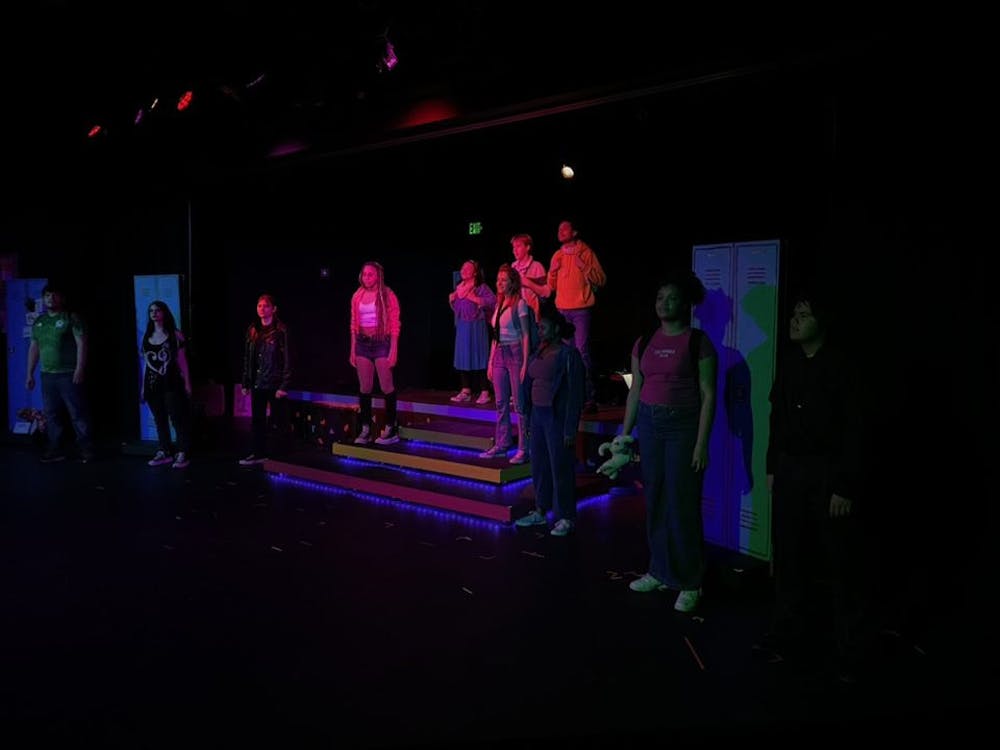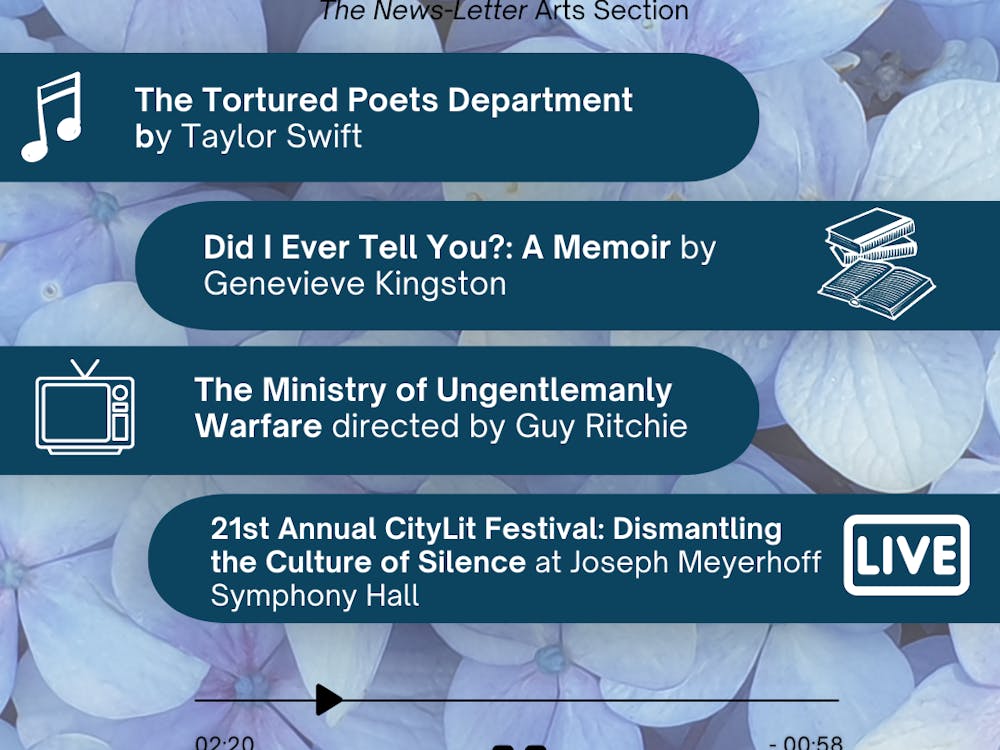Anna Pitoniak, an editor at Random House, published her debut novel The Futures on Jan. 17. The book is a simultaneously romantic and decidedly realistic take on what happens post-graduation when you’re forced to step out into the real world.
Pitoniak described The Futures to me as “the story of a young couple moving to New York City on the eve of the 2008 financial crisis, who find their relationship tested in the face of a high-stakes scandal.”
The Futures has received rave reviews from the likes of Town & Country, Marie Claire, NPR, and The New York Post. I agree that it is definitely one of the new books worth reading, a literary bright spot amidst the dismal dreariness of the not-quite-spring months. During our recent interview, I had the pleasure of speaking with Pitoniak about the creative process that went into writing The Futures and some of the nuanced themes she explores.
According to Pitoniak, her professional experience as an editor lent her a fresh perspective on the grit that writing a successful novel really takes, which she then used as inspiration to pick up the proverbial pen.
“Watching a writer go through so many drafts and revisions and rewrites upon rewrites made me realize that writing a novel was not something that you could only do if you had been born with some God-given talent. It was something that took a lot of work, a lot of discipline and a determination to make it as good as it could be. It was a very inspiring thing, to work in publishing and to be exposed to these amazing writers, and it made me think for the first time ‘You know, maybe I could attempt to do something like this myself,’” she said.
Pitoniak was also influenced by her own move to New York City after graduating with an English degree from Yale in 2010.
“It was this very intense, tumultuous period of transition, and there were a lot of things I was noticing and recording in my mind. It felt like something that I had never been warned about when I was graduating from college, how big of a change it was to go into the real world,” Pitoniak said. “You kind of have to experience it for yourself (and that’s also something that I wanted to capture), but it’s this radical shift in the way your life unfolds because suddenly you’re in charge of it.”
There was never any doubt in Pitoniak’s mind as to whether or not The Futures would be told in a dual-perspective format, alternating between being narrated by Julia and Evan, the couple at the center of the story.
“I always saw this as a couple’s coming of age story. I never saw this as just Julia’s story or just Evan’s story, but rather the story of their relationship and how it transformed from college to the real world as they endured this particularly fraught moment in history. I knew that I wanted it to be told from both of their perspectives and explaining both sides of the story.”
Julia and Evan’s relationship is tested as they struggle to navigate unfamiliar professional and personal domains, each facing their own moral dilemmas.
“It’s in periods of stress that you tend to lose that reflexive generosity and that reflexive kindness, and you start to project your own anxieties or worries onto your romantic partner.
That’s what causes the breakdown, and sometimes it’s an unfair burden to place on the other person because they’re not actually the source of all of the stress and chaos in your life.
I think Julia and Evan are an example of that. They have known great love for one another and have gone through periods where they were able to be very generous and affectionate with one another, but once they’re thrown into the crucible of the 2008 financial crisis, they start to experience this breakdown and the darker side of each of their personalities comes out,” Pitoniak said.
As I read The Futures, I was struck by the fact that while many characters made decisions I found cringe-worthy, I was still able to maintain empathy for them. Pitoniak agreed that no one character in the story is the villain or wholly to blame per se.
“I always find it interesting when people say ‘I couldn’t stand this character, she’s so unlikeable,’ because the truth is we’re all unlikeable at times. We all do petty things, we all say hurtful things sometimes to our friends or our family, so there’s a little bit of the good guy and the bad guy in each of us. It’s very hard for people to accept that about themselves or their loved ones because we tend to want to think that we’re okay and we’re immune from these things, but it’s the only way also to make a character feel real, because everyone is flawed,” Pitoniak said.
Pitoniak’s advice for Hopkins students interested in pursuing creative fields is to keep their options open rather than limit themselves. She also advises to follow your gut.
“I think, in the long-run, there is such an upside to keeping an open mind and remaining flexible, allowing yourself to explore career paths based not on some preconceived notion of what you should be doing or what your friends are doing or what your parents think you should be doing but based on your own development of a moral compass and of interests and of what moves you and excites you,” she said. “It’s very hard to do that if you lock yourself into a trajectory early on, so you have to learn to listen to yourself.”






















Please note All comments are eligible for publication in The News-Letter.